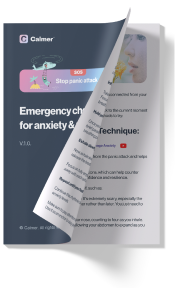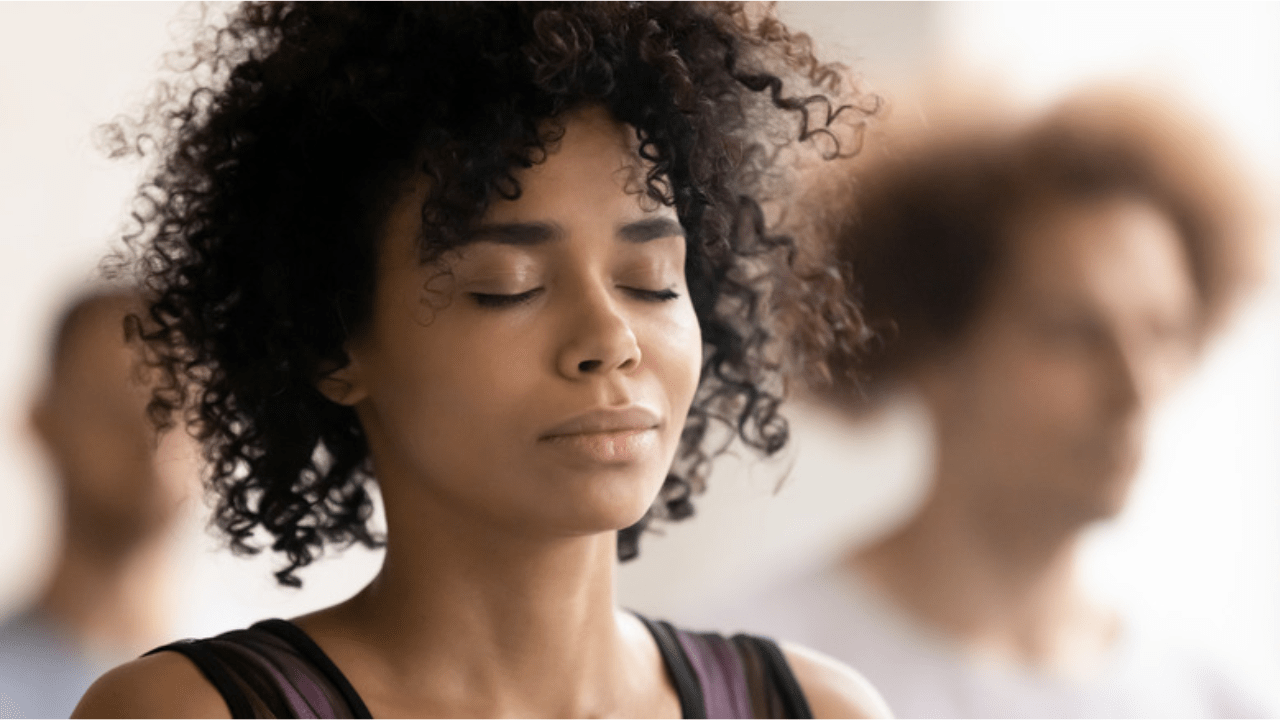You’re breathing all the time; it’s an involuntary process. However, we do have some control over it which helps us to understand the side effects of deep breathing. We can speed up our breaths or even slow it down at will. In fact, you can even induce a state of panic by taking short, rapid breaths.
In contrast, you can calm your nerves with the help of Deep Breathing. In fact, scientists have found that deep breathing has an overall positive effect on the body. It promises advantages like boosting the immune system and lowering blood pressure.
If you’d like to know about what deep breathing does and its benefits, keep reading.
What is Deep Breathing?
Deep Breathing is a special type of breathing exercise to enable more air to flow into your body. You can do this by taking long slow breaths, as opposed to labored breathing during an anxiety attack.
Deep breathing involves the abdominal region. As you breathe in, you allow the air to fill your lungs completely, while contracting the diaphragm. Conversely, you release the exhaled air as you breathe out while relaxing the diaphragm. This unique way of engaging your respiration system effectively slows down your breathing while calming you down.
What does Deep Breathing Do?

Think of deep breathing as a reset for your body, particularly your autonomic system. In case you didn’t pay attention in biology class, this is the part of your nervous system that controls involuntary actions like blood flow, and respiration.
The autonomic system is further divided into the parasympathetic and the sympathetic system. The latter of the two is responsible for the fight-or-flight response. When you are anxious or stressed, your body activates this part of the brain to increase heart rate and blood flow.
Meanwhile, the parasympathetic system is responsible for returning your body to its normal relaxed state. In case of extreme stress or an anxiety attack, your body’s sympathetic system is active. Deep breathing counters this by activating the parasympathetic system and inactivating the sympathetic system.
Consequently, you will notice your heart rate slow down as more oxygen enters the bloodstream. Overall, you will find your breathing return to normal and an alleviation of your symptoms.
Deep Breathing Benefits
Deep Breathing offers plenty of advantages, other than inducing feelings of calm. Below, we have listed down some deep breathing benefits:
- Reduces pain: Deep breathing triggers the release of endorphins, otherwise known as feel-good chemicals. These chemicals offer a range of benefits including reducing any feelings of pain.
- Boosts energy: Deep breathing improves blood flow. Increasing the oxygen levels in your bloodstream has a direct impact on enhancing the blood’s ability to transport nutrients, consequently leading to a restoration of strength.
- Improves digestion: Increased blood flow also ensures the proper functioning of body organs including the intestines and stomach, thereby improving digestion.
- Removes toxins: Everyday breathing plays a vital role in eliminating toxins from your system, Deep breathing improves the efficiency of the process. It can help flush out any stored carbon monoxide in the body, a harmful substance for the body, along with other toxins.
- Better immunity: Improved circulation and increased detoxification directly impact the body’s immunity. By effectively countering internal threats, your immune system’s antibodies are better equipped to take care of any external threats.
- Lowers blood pressure: Deep breathing exercises relax the muscles in your body, which, in turn, reduces the workload on your heart. This results in a significant lowering of blood pressure.
Deep Breathing for Anxiety
Many individuals have tried deep breathing for anxiety and have surprisingly found the practice to be an effective tool in soothing the mind and body. You can find plenty of breathing exercises for anxiety online. If this is your first time, you can consider the following simple exercise:
- Lie down flat on a comfortable place.
- Place one hand on your abdomen, right below the ribs and above the stomach.
- Place your other hand on your chest.
- Take a deep breath. The hand on your belly should move up as you do while the one on your chest stays still.
- Next, breathe out. This time the hand on your abdomen should go down.
- Repeat until you have calmed down.
How to Stop Breathing Hard?

If you happen to be short of breath, there are a couple of techniques you can try to stop breathing hard. You can try the above-mentioned technique. Or you can try something called Square Breathing. Simply inhale for four, hold your breath for four, exhale for four, and hold your breath again for four.
You can also try the Pursed Lip Breathing Method. Simply sit down and inhale through your nose for two. Next, pucker your lips and exhale by slowly blowing through the mouth for the count of four. Repeat until better.
That said, you can try other breathing exercises for labored breathing as well, and pick one that suits you best.
Conclusion
Summing it up, breathing does not always come easy. There are moments when you may find yourself short of breath. However, there is no need to panic. Deep breathing exercises allow you to take control of your breathing and calm down at the same time.
For maximum benefits, consider incorporating daily breathing exercises for anxiety every day. You can consult a therapist or a yoga teacher, to learn more about various exercises that can help with labored breathing. If you think your symptoms are severe and deep breathing alone isn’t sufficient, make sure to visit a medical professional.
FAQ
What happens if you breathe too deeply?
Deep breathing offers a range of physical benefits, including the ability to slow down your heart rate, reduce blood pressure, and alleviate stress. Deep Breathing works by activating the parasympathetic system of the body.
Is it okay to do deep breathing every day?
It’s completely okay to do deep breathing every day. In fact, practicing deep breathing exercises every day is the key to unlocking all the benefits of deep breathing.
Does deep breathing affect the heart?
Deep breathing can slow down your heart rate and lower blood pressure. In fact, several studies have concluded that slow breathing exercises can improve both cardiovascular and respiratory functions.



